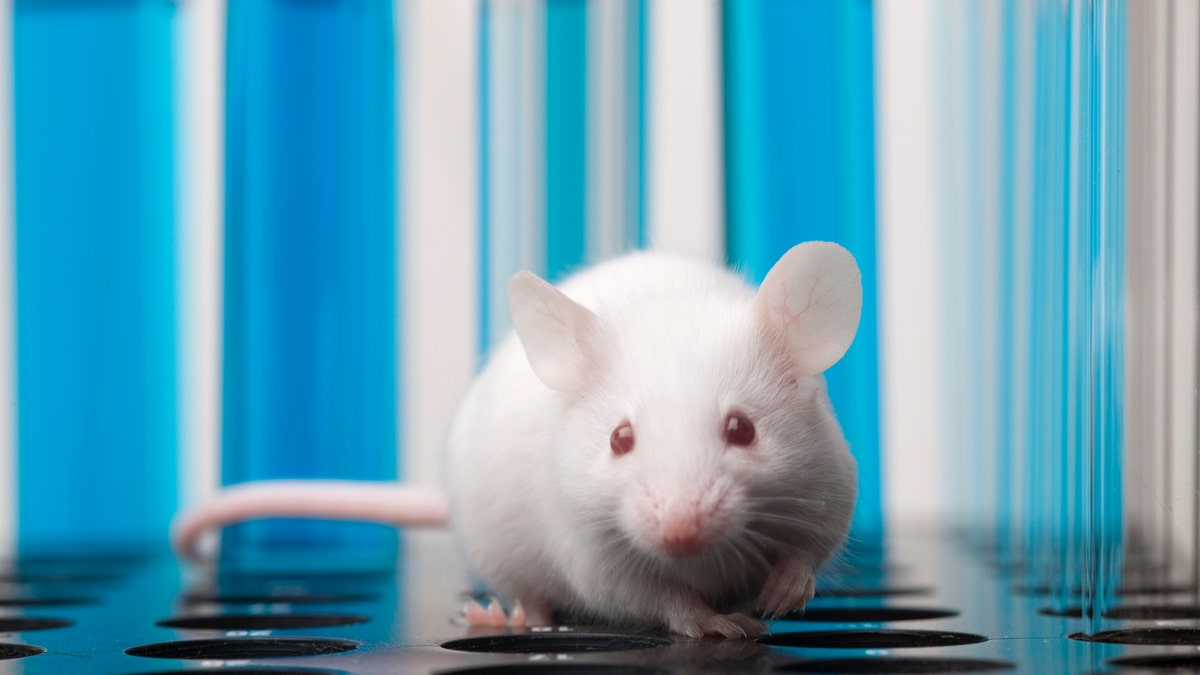Many factors lead to the frustrating cycle of weight gain and weight loss, but the driving force may be that fat cell Memory of obesity.
This is according to a recent study that was first published in Nature Magazine last fall.
Researchers say fat cells influence abnormal metabolic pathways in their body much after they were free, which could cause people to regain their weight.
The study directly compares Zepbound and Wegovy for weight loss results
Finding study
The Swiss Scientists team was curious if Weight recovery After thinning, it is due to the “metabolic memory”, where the body remembers and strives to return to its old state of obesity.
Many factors lead to the frustrating cycle of weight gain and weight loss, but the driving force may be that fat cells have a memory of obesity. (Istock)
They analyzed the chemical markers of the fat cells of the mice that were fed with a diet rich in fat. Then, when the mice were only fed with a standard meal, researchers analyzed their fatty tissue after losing weight, according to the writing of the study.
The team compared these samples to a group of lean mice that fed a standard meal to see if the chemical markers of fat cells were associated with unhealthy changes in the body.
Doctors warn of “trifecta” of chronic diseases that plagiarized the north -Americans after Maha Report
Rich fat diet mice continued to have unhealthy changes in their metabolism after losing weight, including more difficulty regulating sugar metabolism, more inflammation and abnormal fat storage.
The previously obese mice gained weight faster compared to the control group after eating a fat -rich diet, which suggests a continuous deterioration of metabolism after losing weight, found researchers.

The mice that were previously obese gained weight faster compared to the control group after they ate a fat -rich diet, suggesting a continuous deterioration of metabolism after losing weight. (Istock)
The study also studied human samples, analyzing how fat cell genes can lead to unhealthy changes in the body as they did in mice.
The researchers analyzed the participants’ fatty tissues before and after they underwent bariatric surgery, comparing them to the fat cells of lean individuals who had no antecedents of obesity.
“This recent research suggests that after someone loses weight, their fat cells do not return completely to” normal “.
In obese individuals, the genes of the fat cells continued to function abnormally in the body, causing more inflammation and metabolic problems two years after losing weight.
One of the limitations of the study is that only one type of cell cells was looked at. More research is needed to determine if other cells or tissues in the body also keep a memory of overweight, according to researchers.
“Complex mixture” of factors
In fact, fat cells have a memory of being obese, which can facilitate weight recovery and keep in a state that promotes inflammation and metabolic problems, confirmed Gretchen Zimmermann, a dietitian and registered vice president of the Health Life Strategy, a virtual obesity care provider. (Was not part of the study.)
“This recent research suggests that after someone loses weight, their fat cells do not completely return to” normal “, Zimmermann told Fox News Digital.

The researchers analyzed the participants’ fatty tissues before and after they underwent bariatric surgery, comparing them to the fat cells of lean individuals who had no antecedents of obesity. (Istock)
But while biology plays a critical role in obesity, it is not everything, he warned.
“”A complex combination of genetics, biology, environment, psychology, medicines and social determinants is obesity, “said Zimmermann.
“Keep moving -eating real food and building muscles.”
Healthy habits can counteract the genetics that promote weight gain.
Ideally, the expert said, this involves obtaining a combination of physical activity (including strength training), a sufficient amount of protein and fiber and plant phytonutrients that counteract oxidative stress and chronic inflammation, according to Zimmermann.
Click here to get the Fox News app
“He keeps moving, eating real food and building muscles,” he said.
“These behaviors reduce inflammation, improve blood sugar control, contribute to a healthy microbiom and protect metabolism, even if weight does not go down too much or stay the same.”

According to researchers, healthy habits can counteract the genetics that promote weight gain. (Istock)
For some, however, the underlying problem may be epigeneticsIt involves how the behaviors and the surrounding environment influence the functioning of genes in the body, according to the control and prevention centers of diseases.
Click here to register -you are in our health newsletter
“Obesity is a condition of chronic relapse that has an epigenetic cause,” said Dr. Caroline Apovian, a medical professor at the Harvard Medical School and co -director of the Wellness Management Center in Brigham and Women’s Hospital, told Fox News Digital.
For more health items, visit www.foxnews.com/health
People who are more likely to store calories may have more time to lose weight and keep it out of the diet and exercise, compared to those that may have a longer time, according to Apovian, who did not participate in the study.
Fox News Digital contacted the study authors to comment.
#Scientists #discovered #kilos #return #losing #weight
Image Source : www.foxnews.com
